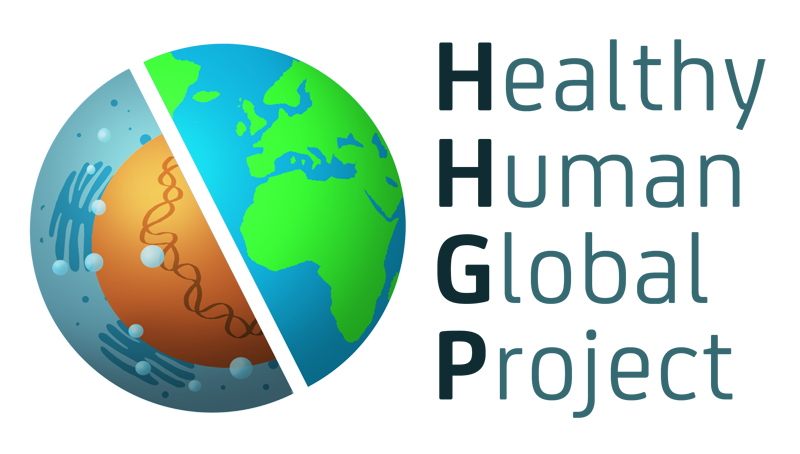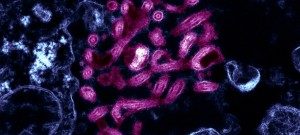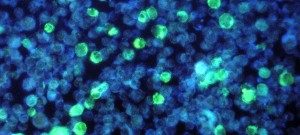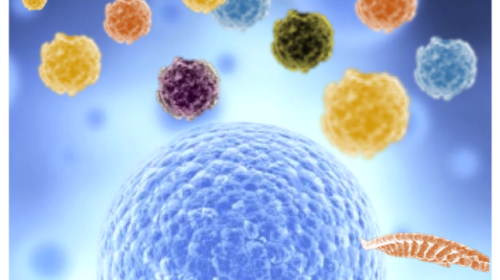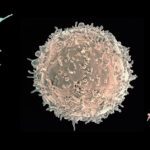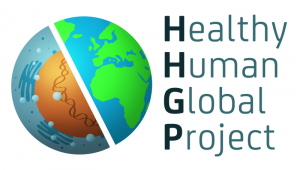Susceptibility to infections, disease progression and severity, and response to medical therapies and vaccines are highly variable from one individual to another. The complexity of individual immune responses is such that it has not yet been possible to define the genetic and/or environmental parameters that determine a healthy immune system nor its natural occurring variability. Yet, knowledge of these parameters is essential to future developments in personalized and precision medical care, disease management and drug technologies. By personalized, we are envisioning a patient management approach that takes into consideration population genetics and the local endemic infections and lifestyle. Such an approach will undoubtedly improve the effectiveness and efficiency of future public health initiatives.
In this context, several teams from the Institut Pasteur Paris launched the Milieu Intérieur consortium in 2011 – a population-based research project which collected reference samples from 1,000 healthy individuals of French-descent, stratified across 5 decades of life. In order to expand the geographical reach of the project, the Healthy Human Global Project will build on the Milieu Intérieur project and extend the study to other healthy cohorts within the Pasteur International Network.
This will establish a global resource for understanding how specific population genetic backgrounds and the environmental factors to which they are exposed contribute to heterogeneity in human immune responses. This will firstly enable the development of a set of reference values for a given population that can also be used in specific pathological situations and, secondly, will enable a deeper understanding of how past or present (acute, chronic, or latent) infections can impact immune function.
Background
The immune system is responsible for maintaining a ‘healthy state’ and preventing infection. However, dysfunction of the immune system can lead to increased susceptibility to infections, more severe disease prognosis, and adverse or negligible responses to medical therapies or immune interventions. Furthermore, over 4 billion people in the world do not have access to quality molecular diagnostics – a pre-requisite for the identification of personalized treatment and immunisation plans. One expectation for the future of public health is that with the development of new point-of-care technologies, it will be possible to disseminate diagnosis platforms to all persons, including those living in remote regions of resource-limited countries. However, in order to achieve this vision, the assessment of a set of reference values defining a healthy immune system is required. As the biological set-points are established by a combination of genetic and environmental determinants, it will be necessary to establish reference values that are guided by both population ancestry and local lifestyle factors (e.g., dietary practices, commensal microbial communities).
In 2011, the Institut Pasteur launched the Milieu Intérieur project supported by the French Ministry of Research. This project has since characterized immune response variability in 1,000 healthy individuals of European descent living in France, and analysed the observed heterogeneity in terms of their genetic and environmental background. It has enabled the discovery of new biomarker tools, which provide new insight into the degree of variability of human immune responses (e.g., responses to adjuvants) as well as into the impact of chronic/latent infections into the variability of the immune system.
In order to have an in-depth and global understanding of what constitutes a healthy immune system and to determine the impact of ethnic background, local environment, cultural practices and latent infection that influence health worldwide, it is necessary to extend the Milieu Intérieur study to other ‘healthy cohorts’ in the world. In this context, the aim of the Healthy Human Global Project is to build on the Milieu Intérieur and extend the project to other populations living in low-, middle- and high-income countries, spread over three continents (Africa, Asia, Latin America). The Healthy Human Global Project will engage institutes within the Institut Pasteur International Network in defining the impact of genetic diversity and environmental conditions as determinants of functional immune response to infectious agents and/or their components.
Such an interdisciplinary, innovative project in human immunology is made possible through access to the Institut Pasteur International Network – a network of 33 institutes, promoting international exchange and cooperation in public health, education and research – and the Institut Pasteur’s developments in molecular diagnostics, clinical microbiology and disease surveillance.
Program objectives
The principal aim of the Healthy Human Global Project is to define how the immune system responds to defined immune stimuli and establish the reference parameters of the immunological response in a given population. The secondary aim of the project is to analyse how common chronic infections (e.g., helminthes, Helicobacter pylori, HBV) or past acute epidemics (e.g., Ebola, influenza) impact the immune system, across different environmental local and ethnic populations.
While the question of human variability continues to be a focal point of scientific research, medical practices and public health policies typically take a ‘one size fits all’ approach – an approach that is in contradiction to the predicted variation in individual immune responses. Ultimately, the Healthy Human Global Project will be able to establish the parameters defining a healthy immune system and to stratify healthy individuals and patients, restoring the ‘personal’ to medical care and improving the effectiveness and efficiency of future public health initiatives.





